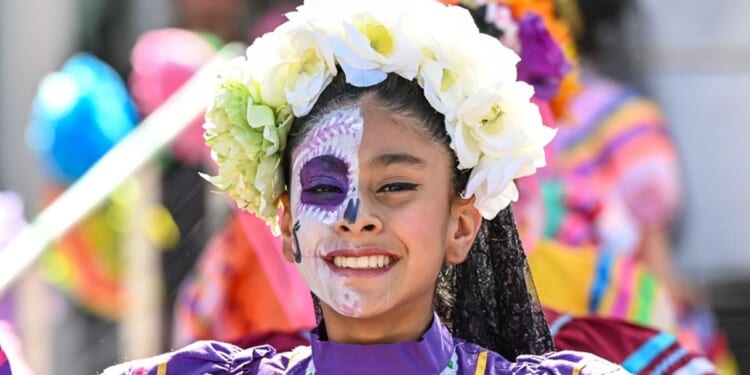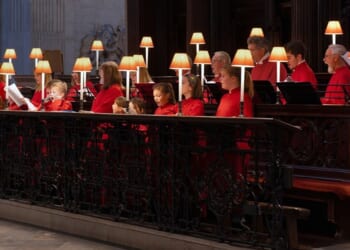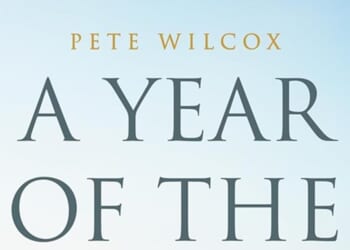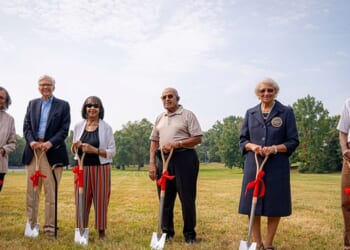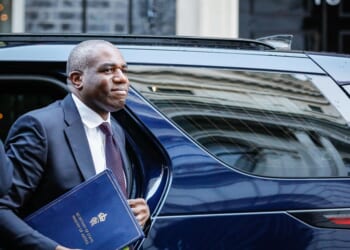MORE Americans than previously believe that the influence of religion on public life is growing, new findings from the Pew Research Center suggest.
The number of United States citizens who believe that religion’s influence on society is growing increased sharply during the first weeks of the Trump presidency this year, although they remain in the minority overall.
Last year, only 18 per cent of US adults surveyed by the organisation said that religion was gaining influence, but 12 months later, in February 2025, 31 per cent said that they believed that its influence was growing: the highest figure recorded by Pew for 15 years. This increase applied to both Republican and Democrat voters.
“While this remains a minority view,” the report says, “it is increasingly held by adults across several demographic groups — with gains of at least 10 percentage points among Democrats and Republicans, adults in every age category and in most large religious groups.”
The number of those surveyed expressing positive views of the place of religion in public life has also increased in the past five years. Fifty-nine per cent have a “net positive” view, up from 49 per cent in 2022. Democrat voters, however, were less likely to have positive views of religion than Republican voters. While more than nine in ten white Evangelical Protestants held a positive view of religion’s place in public life, agnostics and atheists had more negative views.
The survey suggests that shifting attitudes towards religion in public life are not confined to any particular faith group, as Americans across all age groups and different faith groups — including those of no faith — were all more likely than they were a year ago to say that religion was gaining influence.
More than two-thirds (68 per cent) continued to believe that religion was losing influence, a fall from 80 per cent last year.
President Trump, taking office in January, promised to restore the US as “one nation under God”. He has signed an executive order establishing the Task Force to Eradicate Anti-Christian Bias, allowed churches to endorse political candidates without losing exemption from tax, and hailed the murdered Christian influencer Charlie Kirk as “a martyr”. In return, he has kept the overwhelming support of white Evangelicals.
The Pew Research Center study asked respondents about Christianity’s influence on public life in particular. Twenty-seven per cent said that Christianity’s influence was increasing, while 48 per cent said that it was decreasing. Five years ago, only 19 per cent said that its influence was rising.
For the first time, more than half of the US adults surveyed held that there was a conflict between mainstream culture and their religious beliefs. White Evangelicals were the most likely to say this.
Respondents were also asked how important loving their country was to being Christian: 29 per cent said that it was essential, and a further 49 per cent said that it was important. In contrast, traits such as honesty and kindness were overwhelmingly rated as essential for Christians.
The PRC based its findings on a survey of 9544 adults from the American Trends Panel sample of the population. They were questioned between 3 and 9 February. The survey included members of the Church of Jesus Christ of Latter-day Saints, Muslims, Hindus, and Buddhists, as well as Christians.

